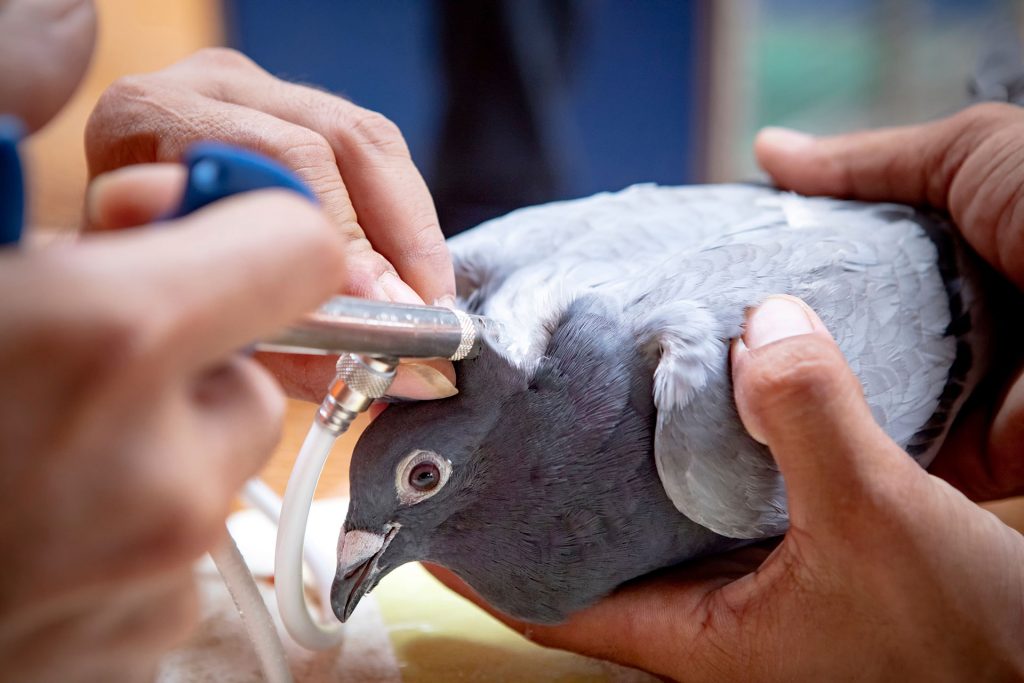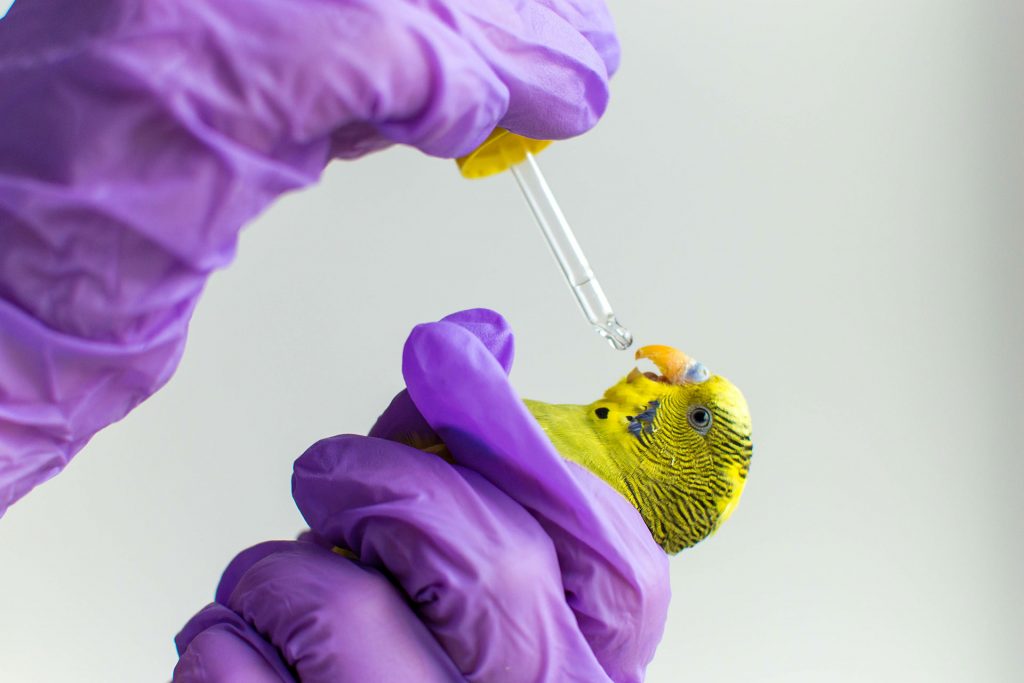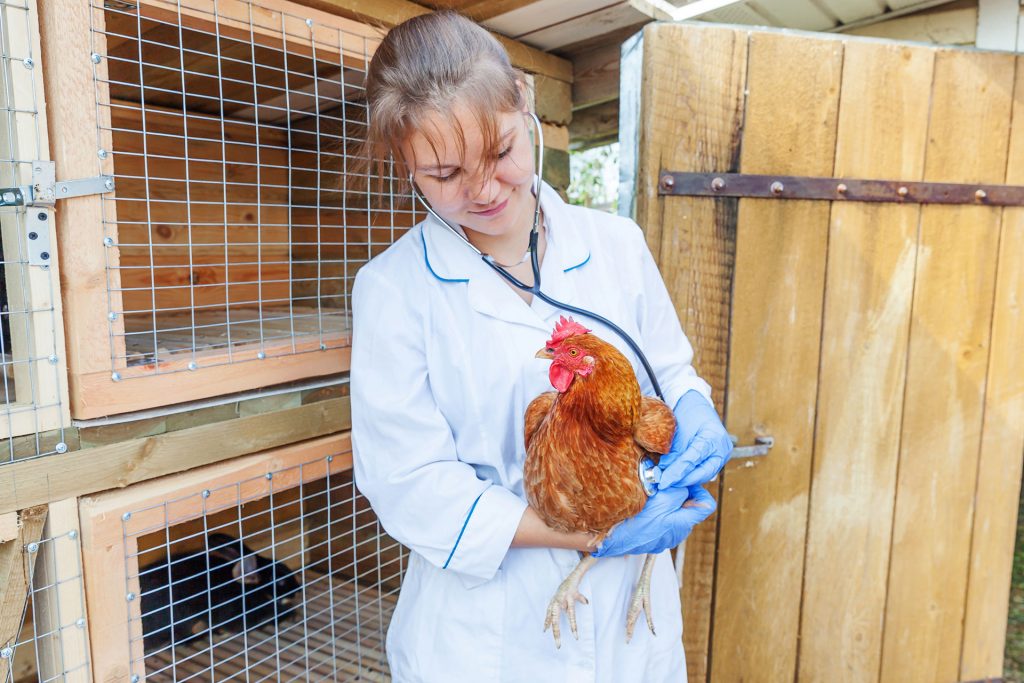An avian veterinarian is a veterinary specialist who cares for birds. They are required to have a great deal of knowledge about the biology and care of birds. They must also be skilled in performing surgery and treating illnesses in these animals. They may work in private clinics, with bird breeders, or in zoos.
What does an avian vet do?
If you have a pet bird, there’s a good chance you will need to see an avian vet at some point. Avian vets specialise in treating birds, and they have the knowledge and experience to care for all kinds of feathered friends. From diagnosing and treating illnesses to prescribing medication and providing nutritional advice, these specialists can do it all. Avian veterinarians treat sick, injured and orphaned birds. They may also perform surgery or other procedures in order to fix these problems. Avian veterinarians may also evaluate the health of wild birds and rehabilitate those that are sick or injured so that they can be returned to the wild.
What kind of birds does an avian vet see?
Every day, avian vets see a variety of birds. Most of the time, they see small birds like budgerigars, cockatiels and conures. However, they also see a number of larger birds, such as macaws, eclectus parrots, cockatoos and chickens. These birds come in for a variety of reasons. Some have been injured, while others are just there for a routine check-up. Avian vets are specially trained to care for these animals and know how to treat their unique needs.

How does an avian vet diagnose and treat illnesses?
When a bird is ill, it is important to get it the care it needs as soon as possible. Many bird owners don’t know how to tell when their bird is sick, but there are some common symptoms and behavioural changes that avian vets look for. These included fluffed feathers, not eating, changes in drinking habits, drooping wings and closed eyes. Once a diagnosis is made, the vet will prescribe the appropriate treatment.
What are some of the more common procedures performed by an avian vet?
There are a variety of procedures that an avian vet may perform. One common procedure is to clip a bird’s wings correctly. This is done to keep the bird from flying away or getting injured. Another common procedure is to trim a bird’s beak. This is done to help the bird eat and groom itself properly. An avian vet may also perform surgery on a bird, prescribe medication, give advice on the correct diet or give the bird a physical exam to check for any health issues.

What are some of the challenges of being an avian vet?
There are many challenges that come with treating birds. One of the biggest challenges is that birds are such different creatures than other domesticated animals. They have unique anatomies, physiologies, and behaviours that require specialised knowledge and experience to treat properly. Another challenge is that many bird owners are not familiar with the signs of illness in their pets and may not bring them in for treatment until it is too late. And finally, avian vets often have to treat rare and exotic diseases which can be difficult to diagnose and treat.
How do you become an avian vet?
Becoming an avian veterinarian is no easy task. It takes many years of study and experience to become a qualified vet that can treat birds. Several Australian universities offer a bachelor’s degree in Veterinary Science. You can also become a veterinarian by beginning with an undergraduate science degree and then entering into a Doctor of Veterinary Medicine (DVM). After completing veterinary school, it’s important to gain experience working with birds. This can be done by working in a veterinary clinic or at a zoo. Finally, in order to become a recognised specialist in birds, you will need to undergo post graduate training to obtain a fellowship or equivalent in avian medicine. There are two options for this in Australia – either the Fellowship (FANZCVS) or Membership (MANZCV) with the Australian and New Zealand College of Veterinary Scientists.


